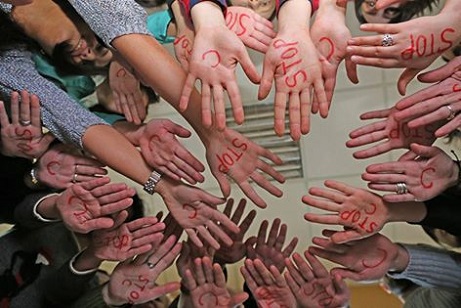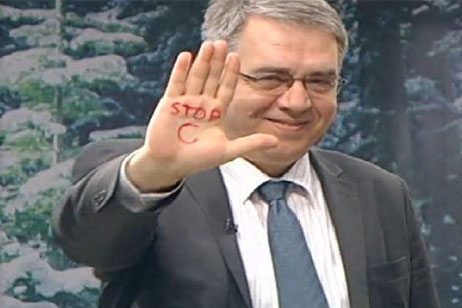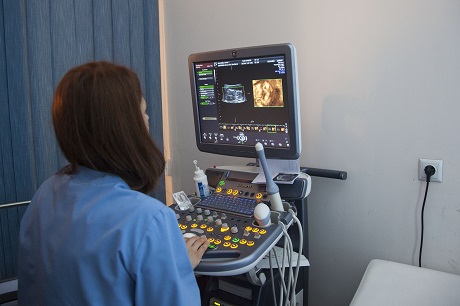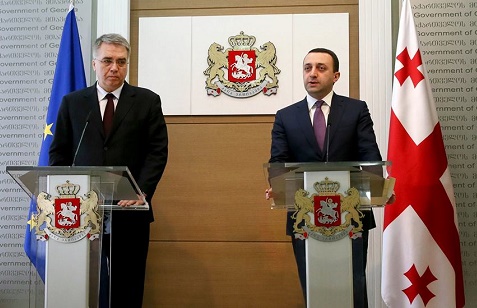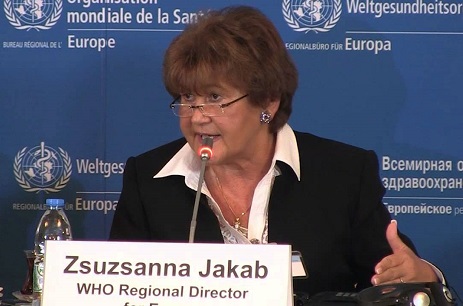Medical success: Dozens cured of Hepatitis C in Georgia
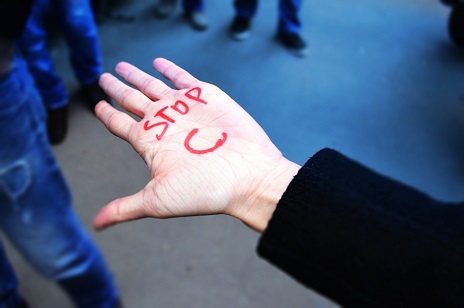
Twenty-three people involved in Georgia’s unique Hepatitis C elimination program have been cured of the life-threatening virus after one month of treatment, announced Georgian officials today.
Additionally, a further nine patients being treated for the virus have found to have a significant reduction in their blood virus count.
"The results are better than we expected,” Deputy Health Minister Valeri Kvaratskhelia said at today’s press briefing where he summed up the first month of the program.
"A portion of our patients are already cured. However, having no more virus in their blood does not mean they should leave the program,” adding program participants needed to take the full course of treatment.
A total of 1,700 patients are currently receiving treatment within the Hepatitis C elimination program. After one month 23 patients were found to no longer have the Hepatitis C virus in their blood while nine others experienced a significant decrease in the number of affected cells in their blood from 15 million (at the start of treatment) to around 30.
Georgia introduced the unique treatment program, which is free for all Georgians, in April and launched the treatment one month ago. The program aimed to fully eliminate Hepatitis C in the country over a five-year period. If successful, Georgia will become the first country to eliminate the virus.
Georgia’s Deputy Health Minister said the program appeared to be a success and an additional 7,000 would be involved in the program step-by-step. He added the 23 patients who no longer had the virus in their blood needed to continue treatment to restore functioning of their damaged liver.
Kvaratskhelia urged all people in Georgia to get tested for Hepatitis C and if their results came back positive, to sign up for the free treatment program. "At the end of the month we will offer a free Hepatitis C test to 10,000 citizens,” he said.
This autumn a new phase of the program will begin which will see patients offered continued treatment using new medicine Harvoni. Harvoni will be used in conjunction with or replace existing medicine Sofosbuvir, said Kvaratskhelia. Both medicines were introduced by Gilead, an American company that helped Georgia implement the unique program.
 Tweet
Tweet  Share
Share
